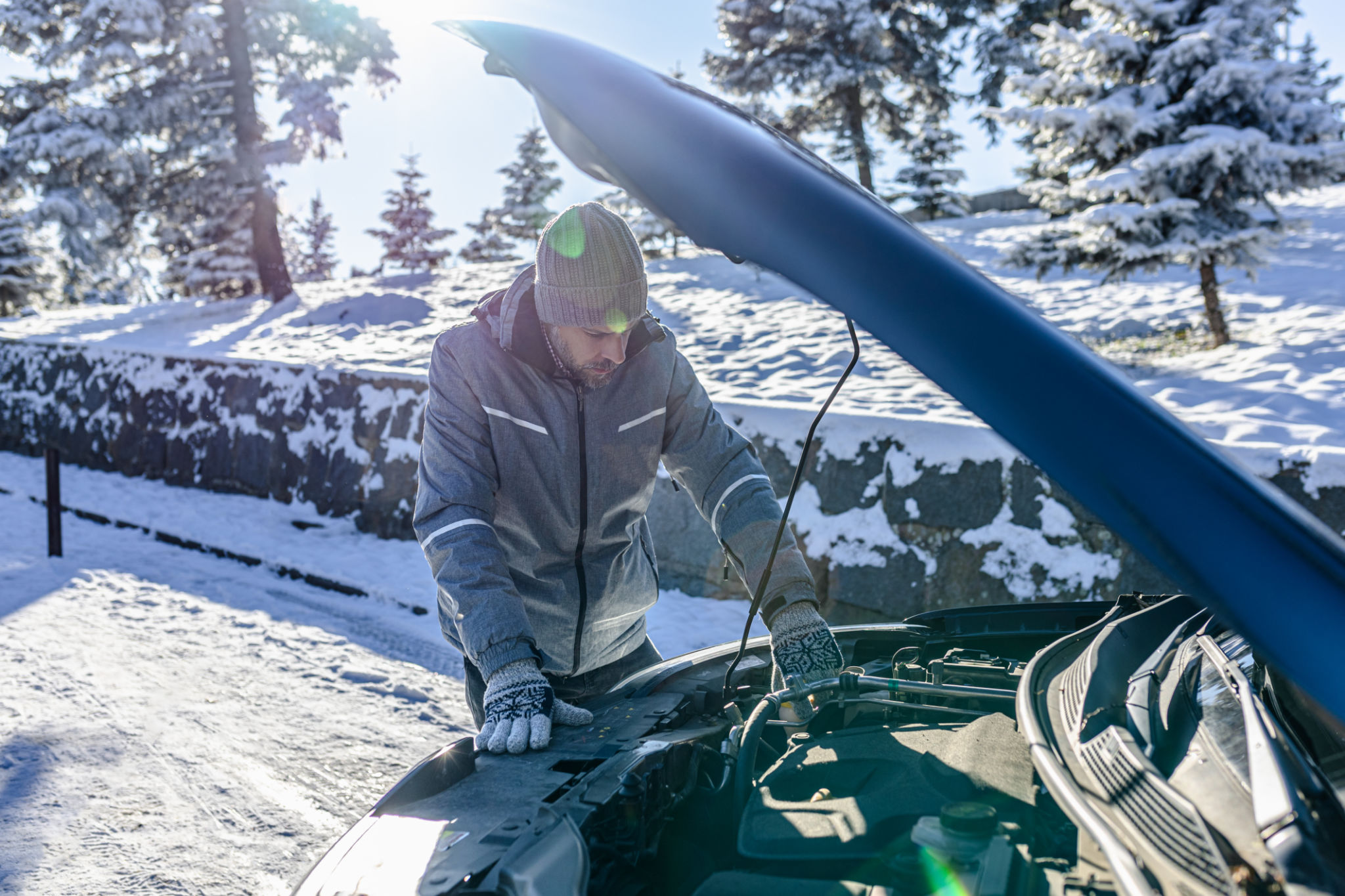How to Prepare Your Minibus Cassette Lifts for Winter in Lincolnshire
Understanding the Importance of Winter Preparation
With the winter months approaching in Lincolnshire, ensuring your minibus cassette lifts are well-prepared is crucial. Cold weather can affect the functioning of these lifts, leading to potential safety hazards. Proper preparation not only ensures safe operation but also extends the lifespan of your equipment.
Winter conditions can lead to mechanical issues such as frozen components or decreased battery efficiency. Therefore, taking proactive steps to prepare your cassette lifts is essential for seamless operation during the colder months.

Inspecting the Cassette Lift
An essential first step in preparing your minibus cassette lift for winter is conducting a thorough inspection. Check for any signs of wear and tear, such as frayed wires, loose bolts, or rusted components. Addressing these issues early can prevent more significant problems down the line.
Focus on the lift's hydraulic system, ensuring there are no leaks or cracks. The hydraulic fluid should be at the correct level and free from contamination. Regular inspections can help maintain the lift's efficiency and safety during winter.
Ensuring Proper Lubrication
Cold weather can cause lubricants to thicken, reducing their effectiveness. It's important to use a winter-grade lubricant that remains fluid in low temperatures. Apply this to all moving parts of the cassette lift to ensure smooth operation.
Pay special attention to joints, hinges, and bearings, as these areas are most susceptible to friction-related wear and tear. Consistent lubrication helps prevent these parts from seizing up due to the cold.

Battery Maintenance and Charging
Cold weather can significantly impact battery performance. Ensure that the battery terminals are clean and free from corrosion. It's a good idea to check the battery's charge level regularly and keep it fully charged to avoid any unexpected failures.
Consider investing in a battery warmer or maintainer, especially if your minibus is left idle for extended periods. These devices help maintain optimal battery temperature and charge, ensuring reliable performance when needed.
Protecting Electronic Components
Moisture and cold can impact electronic components, leading to malfunctions. Ensure that all electronic controls and circuits are adequately insulated. Check for any exposed wiring and address any issues promptly.
Additionally, consider using protective sprays designed for electronic components. These sprays create a moisture-resistant barrier, safeguarding delicate electronics from winter conditions.

Regular Testing and Operation
To ensure everything is functioning correctly, regularly test the lift by operating it fully. This not only confirms that all parts are working but also keeps the components active, reducing the likelihood of them seizing up from inactivity.
Scheduling regular tests as part of your maintenance routine can help identify any issues early on, allowing you to address them before they turn into costly repairs.
Planning for Emergencies
Despite the best preparations, unforeseen issues can still arise. It's crucial to have an emergency plan in place. Ensure that you have contact information for repair services readily available and that your drivers are trained in basic troubleshooting.
Having an emergency kit with essential tools and supplies can also be beneficial. This ensures that you are prepared for minor repairs or adjustments while on the road.
